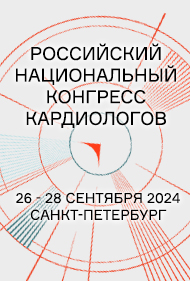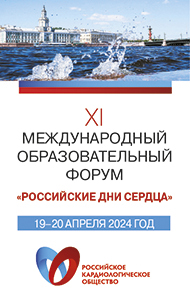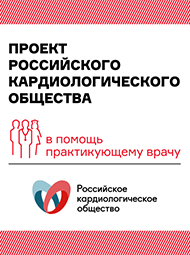Stroke and Major Bleeding Risk in Elderly Patients Aged ?75 Years With Atrial Fibrillation: The Loire Valley Atrial Fibrillation Project
Study Question:
What are the risks of stroke and bleeding in elderly patients with atrial fibrillation (AF) associated with oral anticoagulation?
Methods:
Elderly (age ≥75 years) hospitalized patients with AF were identified and followed between 2000 and 2010. Comorbidities, bleeding outcomes, stroke, and death were assessed. The effect of vitamin K antagonist (VKA) use on the clinical outcomes was assessed using Cox regression models and Kaplan-Meier analysis.
Results:
Of the 8,962 patients with AF, 4,130 were age ≥75 years. Use of VKA decreased as patients aged (60% to >28%). The event rates of death, stroke, major bleeding, and the composite of stroke and death all increased with increasing age. Patients treated with VKA had a lower risk of mortality than non-VKA treated patients (hazard ratio [HR], 0.57; 95% confidence interval [CI], 0.45-0.72). In the elderly patients, VKA-treated patients had lower rates of stroke and higher rates of major bleeding than non-VKA treated patients. Patients treated with VKA were at a lower risk of the combined endpoint of stroke and death than non-VKA treated patients (HR, 0.75; 95% CI, 0.64-0.87). The risk of major bleeding was elevated in patients treated with VKA, but that risk did not vary with increasing age (Pinteraction = 0.67). In elderly patients, age and prior stroke were the major predictors of stroke, whereas renal impairment and VKA use were the major predictors of major bleeding.
Conclusions:
The authors concluded that elderly patients with AF are at increased risk of stroke and bleeding, but that VKA use offers mortality and stroke benefit. Additionally, they note that the risk of bleeding associated with VKA use did not increase with increasing age.
Perspective:
This observational cohort analysis reinforces the importance of treating AF patients with oral anticoagulation. Despite the potential for confounding in nonrandomized analyses, this study suggests that increasing age does not necessary portend an increased risk of major bleeding with VKA use. The study also calls attention to the association between renal dysfunction and bleeding risk, especially in elderly patients. As many prior analyses have described, AF patients in nearly all age groups (especially the elderly) benefit greatly from anticoagulation therapy.
Author(s):
Geoffrey D. Barnes, MD (Disclosure)
Topic(s):
General Cardiology, Prevention/Vascular, Anticoagulation Management, Arrhythmias, Cardiac Rhythm Management, Afib
Source: anticoagulation.cardiosource.org






